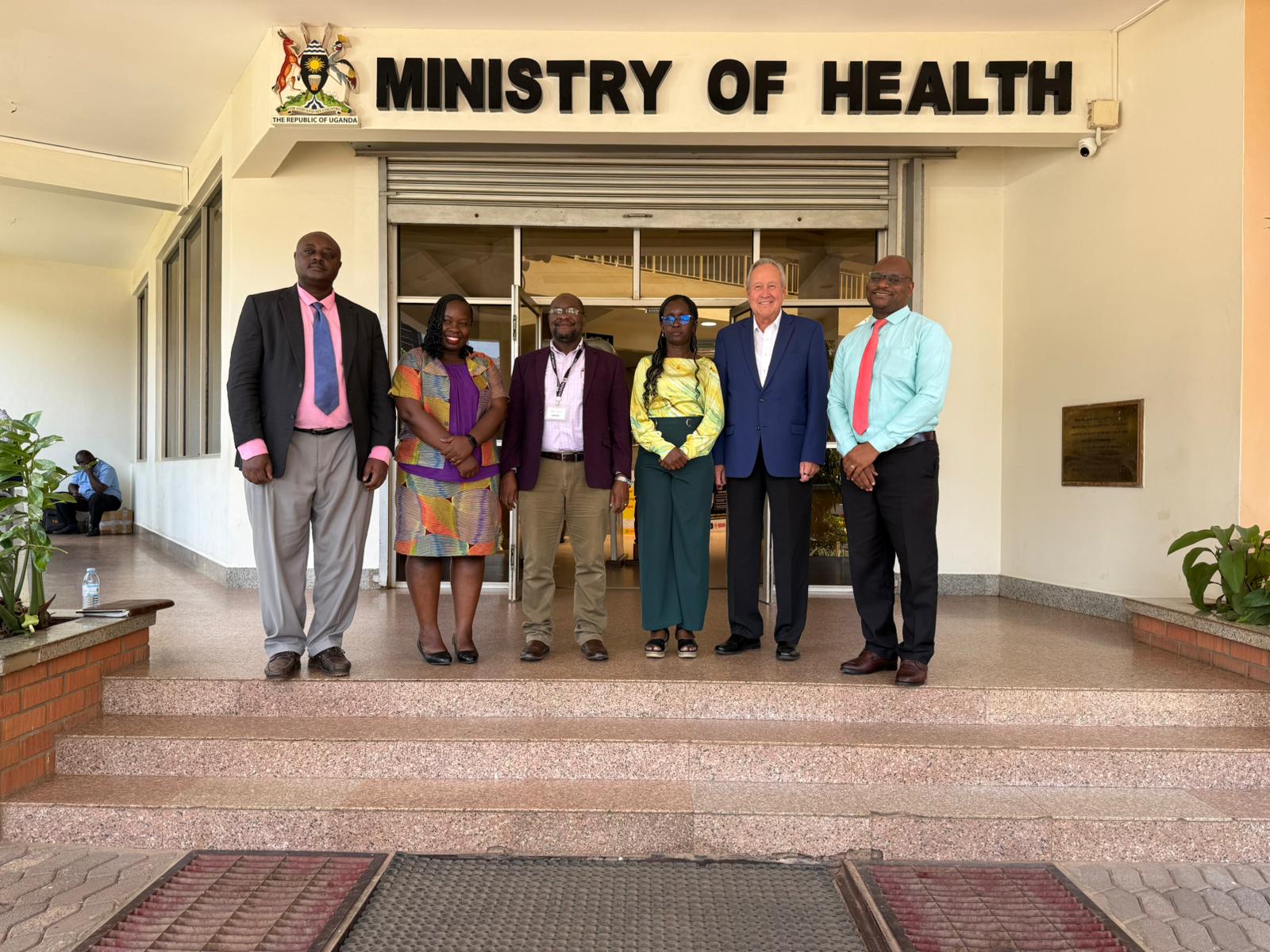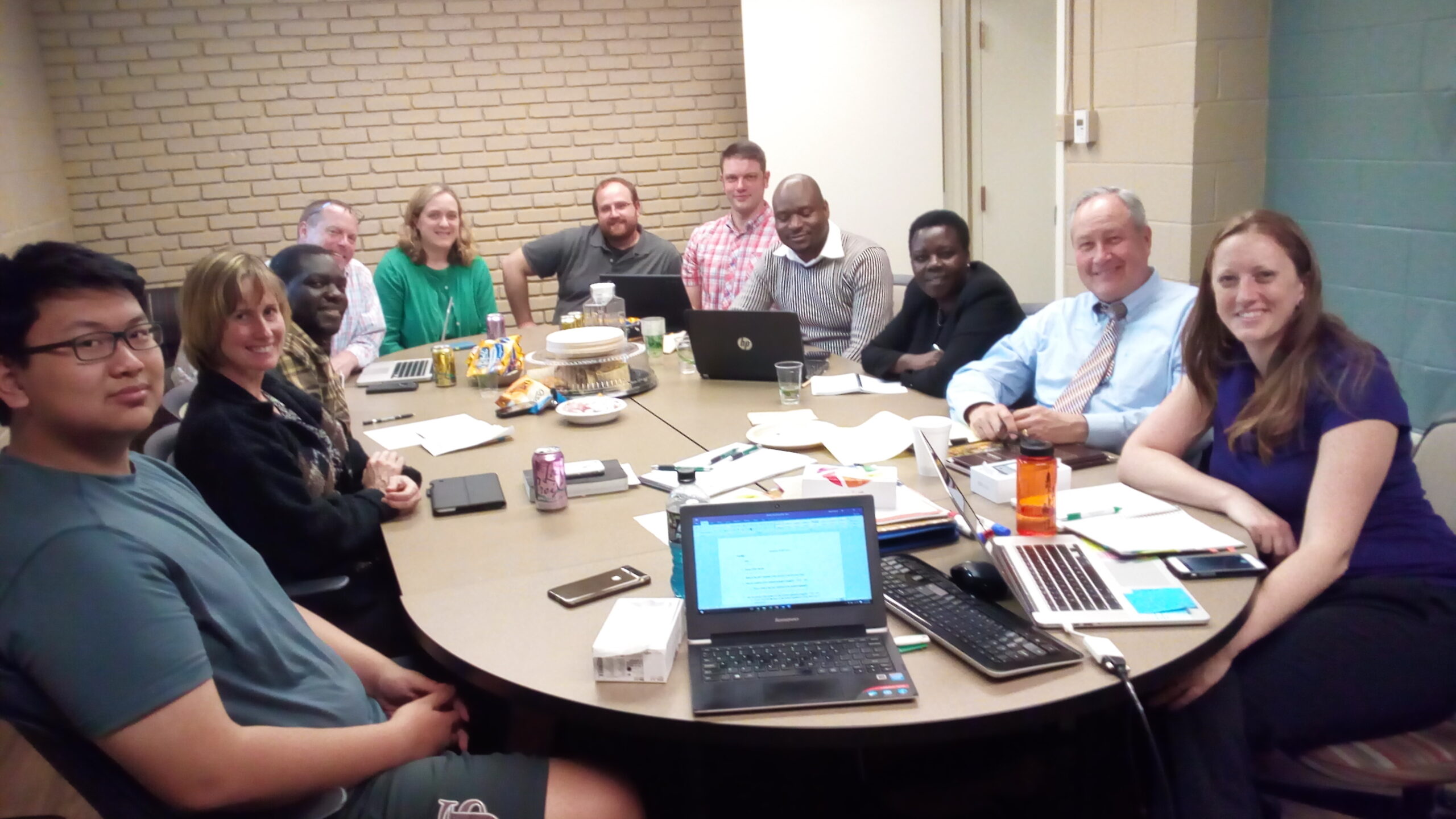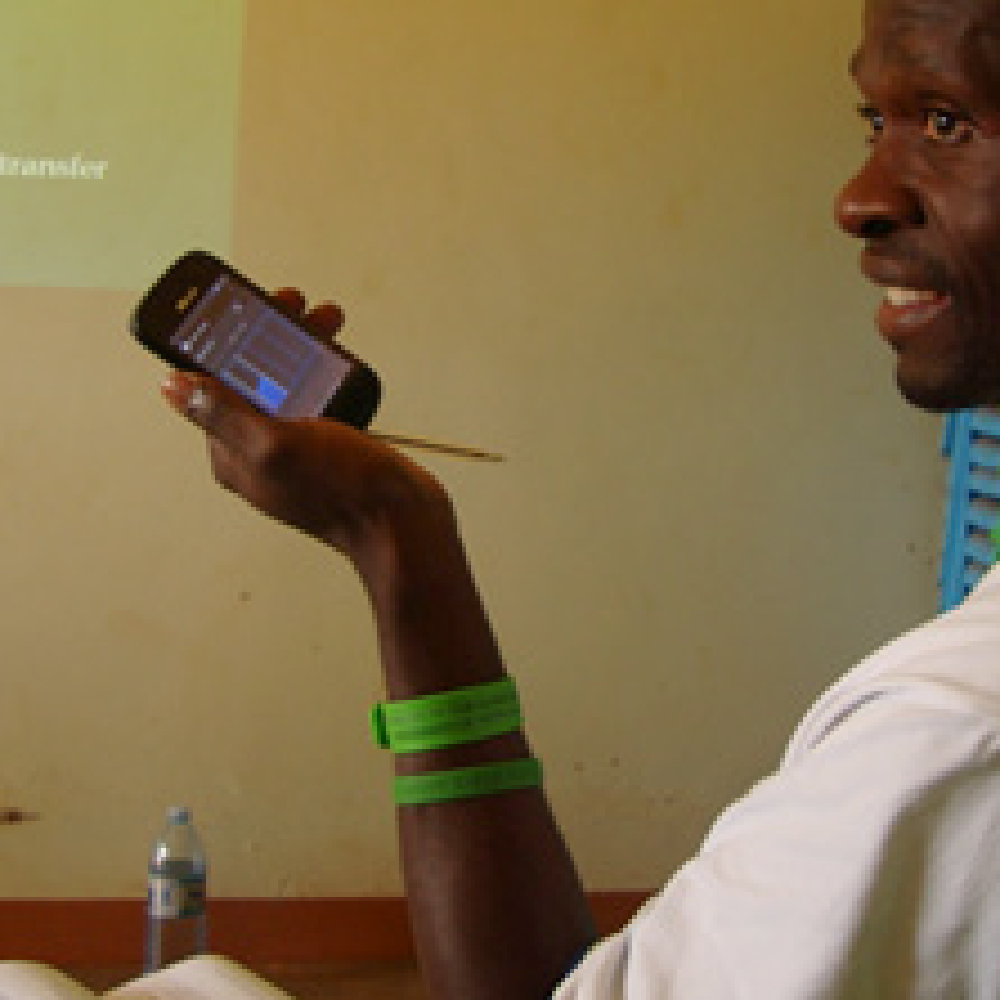In October 2025, Uganda achieved a historic milestone by becoming the only country in Africa ranked at the advanced stage of palliative care development, according to the World Health Organization (WHO) indicators. This information was reported by the ATLANTES Global Observatory of Palliative Care and marks a significant turning point, reflecting over two decades of sustained effort, partnerships and deep commitment to integrating palliative care into national health systems. While this recognition is cause for celebration, it also underscores the work ahead: though systems are established, only approximately 11% of those in need currently access quality.

The ATLANTES report highlights a 38% increase in specialized palliative care services across Africa since 2017. Even so, Uganda stands out as the only nation on the continent with advanced palliative care development. South Africa, Malawi, Kenya, Morocco and Rwanda are recognized as having well-established programs. Globally, only 29 countries – approximately 14% of the world – have reached the advanced level, making Uganda’s achievement particularly remarkable. The WHO indicators used to assess development measure domains such as availability of services, education and training, access to essential medicines, systems for data and research, policy integration and community-based models.
In Uganda’s case, the Palliative Care Association of Uganda (PCAU’s) strategic work and advocacy with partners have borne fruit:
- A dedicated Division of Palliative Care within the Ministry of Health (MoH) – established to integrate palliative care services into the mainstream healthcare system and national health policies. The division fosters strong partnerships with non-governmental organizations such as PCAU to support development and implementation of services, particularly community and home-based care models. Its goal is to ensure that comprehensive, patient- and family-centered palliative care is accessible to all Ugandans in need, improving their quality of life when facing life-threatening illness.
- Wide integration of palliative care across all levels of care – from national referral hospitals to Health Centre IVs and home-based programs. PCAU reports 107 districts with at least one palliative care facility and 233 accredited facilities nationally.
- Free provision of oral liquid morphine and a policy allowing appropriately trained nurses and clinical officers to prescribe pain reliefwhich is a major step for a low-resource setting such as Uganda.

Center for Hospice Care (CHC) is proud of our long-standing partnership with PCAU and to have been part of the journey that has helped shape Uganda’s leadership in palliative care. Since 2008, CHC and PCAU have worked together in a partnership that has become a model for long-term impact focusing PCAU’s strategic priorities.
Here’s how our collaboration has helped shape key building blocks of Uganda’s palliative care system:
- Capacity building and education – Together, we have supported scholarships for nurses and clinical officers to undertake the one-year Diploma in Clinical Palliative Care (DCPC) at the Institute of Hospice & Palliative Care in Africa (IHPCA). We also supported the launch of the Advanced Diploma in Palliative Care Nursing (ADPCN) at the Mulago School of Nursing and Midwifery in 2019, enabling larger cohorts of professionals to gain critical palliative care skills. These initiatives have strengthened Uganda’s workforce of qualified palliative care providers – a key prerequisite for scaling services.
- Access to essential medicines and data systems – The partnership has supported development of a country-wide mHealth surveillance system for palliative care, including monitoring morphine supplies and service delivery across districts.
- Advocacy, policy, and integration into health systems – Through films such as Okuyamba and Road to Hope, our partnership raised awareness among stakeholders – from government officials to community members – about the importance of palliative care as a right, not a luxury. We also supported PCAU’s Strategic Plan (2022–2026), focused on capacity, advocacy, research, governance, and sustainability, aligning it with national health-sector priorities. This has strengthened collaboration between PCAU and the MoH and helped embed palliative care into national health planning.
- Child caregiver, and Empowering people & communities: The Road to Hope (RTH) program – Jointly established in response to concerns from palliative care patients about their children’s futures, the RTH program focuses on child caregivers who have lost parents or are caring for terminally ill family members. The program brings hope to vulnerable child caregivers by ensuring they receive education and support to become productive young adults. Beyond individual support, PCAU uses RTH as a community mobilization platform, fostering grassroots dialogue on palliative care. This tangible, life-changing initiative strengthens advocacy, deepens community engagement, and advances the vision of palliative care for all in Uganda.
The CHC – PCAU partnership has directly contributed to many of the indicators underpinning Uganda’s “advanced stage” ranking:

- Education & training – Building a cadre of qualified providers across Uganda.
- Medicine access & rational Prescribing – Improved availability of pain relief and policy change.
- Data systems & research – Strengthened evidence base and national surveillance through mHealth surveillance initiative.
- Advocacy & policy integration – Embedding palliative care into national frameworks.
- Community-based models – Expanding care beyond hospitals to homes, villages, and hard-to-reach populations.
CHC remains committed to supporting PCAU in the next phase of this journey – scaling coverage, deepening data-driven planning, strengthening capacity in underserved districts, and ensuring the RTH program continues to empower people and communities. And although Uganda’s “advanced” ranking is a major achievement, the journey is far from over. Critical challenges remain:
- Reaching the 89% of Ugandans in need of palliative care who currently lack access.
- Ensuring equity across rural, remote, and under-resourced districts to achieve universal access.
- Securing sustainable financing and local resource mobilization to maintain resilience amidst donor shifts.
- Strengthening community-led models and integrating palliative care more deeply within home-based and primary-care networks.
Our partnership with PCAU is one piece of a much larger story. As we celebrate this remarkable achievement, we recognize that the real measure of progress lies in how many more lives are reached, how much more suffering is relieved, and how many vulnerable families and child caregivers are uplifted.
